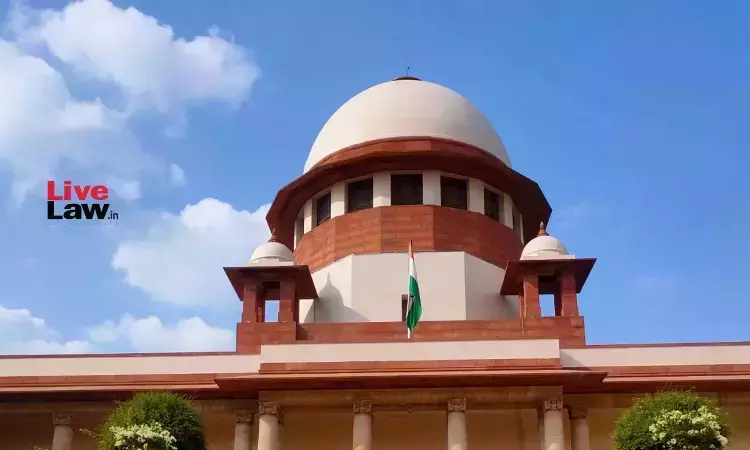Supreme Court Allows Recovery Of Wrong Benefits From Retired Govt Officers
Yash Mittal
11 Jan 2024 9:08 PM IST

Next Story
11 Jan 2024 9:08 PM IST
The Supreme Court in a recent decision while deciding on a Civil Appeal preferred by a superannuated Ayurvedic and Unani Medical Officer appointed on an ad-hoc basis, held that the state government is entitled to do the recovery of entitlements received by the officer as the entitlement so received were granted pursuant to the order dated 4th August 2011 issued by the Principal Secretary that...
